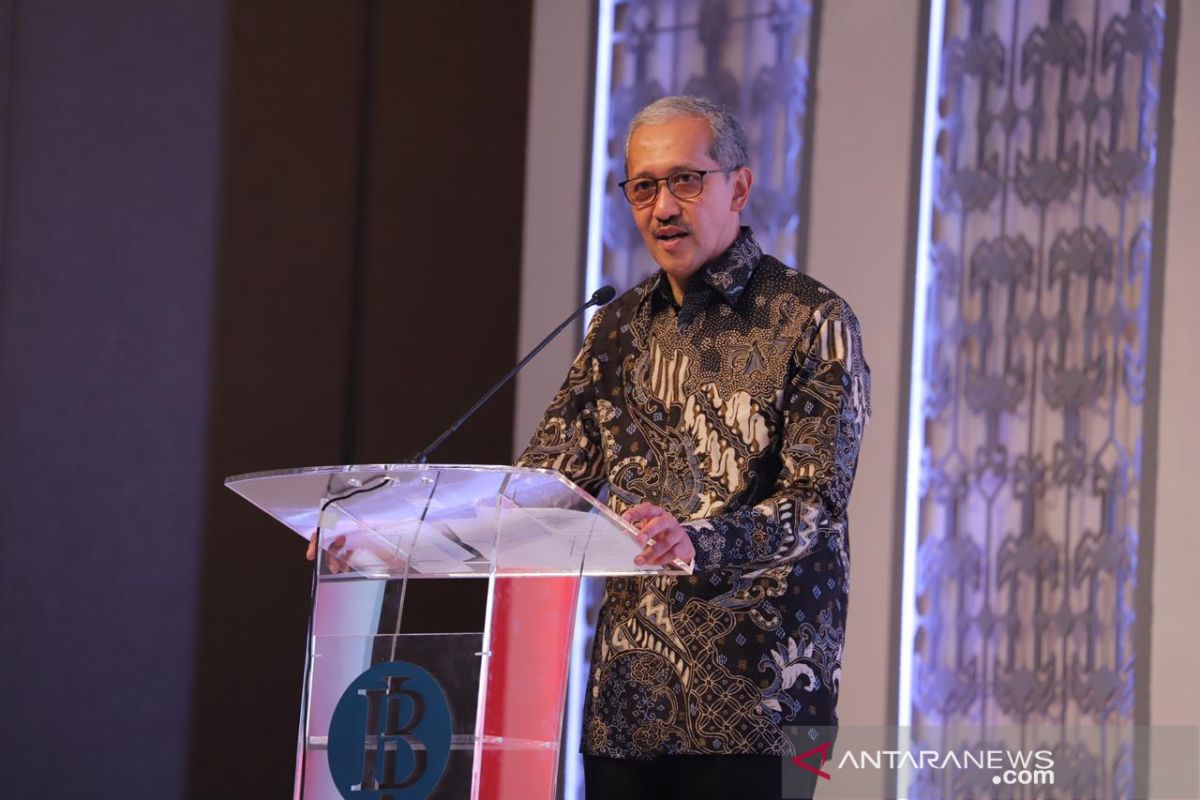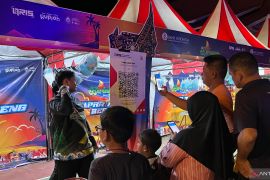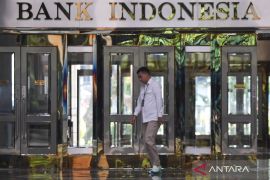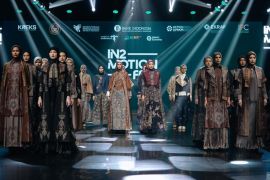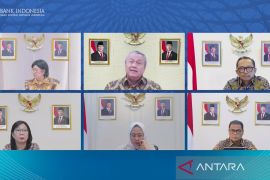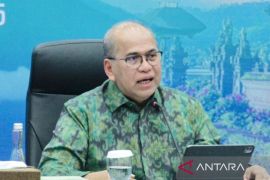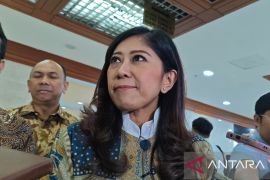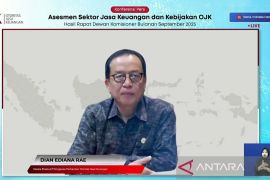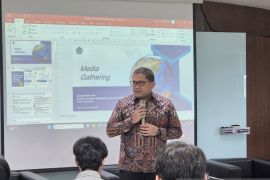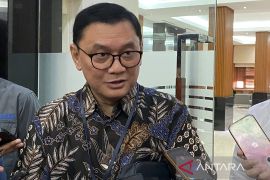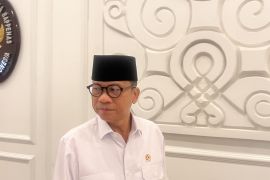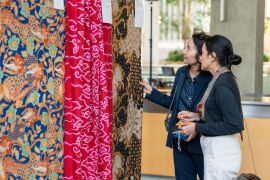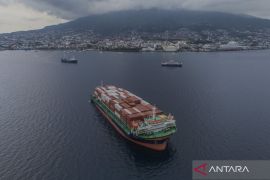We face several things that have been changed along with the challenges to keep developing sharia finance and economy.Jakarta (ANTARA) - Islamic halal principle-based economy, or sharia economy, in Indonesia is worth Rp12.8 thousand trillion (US$910 billion), or 80 percent of the gross domestic product (GDP), of total 16 thousand trillion (US$1.1 trillion), Bank Indonesia stated.
This aspect related to the dynamics has impacted the Indonesian Islamic economy in recent years in the face of challenges to compete with the conventional economy, Deputy Governor of Bank Indonesia Dody Budi Waluyo noted in his remarks at the International Conference of Finance and Sharia Monetary Economy in Jakarta, Tuesday.
However, with such a situation, Indonesia has not optimized all potentials of the sharia economy sector since it is yet perceived as the consumer instead of the producer in the chain for halal commodities in the global market. It also needs to be more optimum in the sharia finance market.
Related news: Indonesia's advancement of Islamic Finance is transformative: IsDB
"We face several things that have been changed along with the challenges to continue to develop the sharia finance and economy," Waluyo stated.
He pointed to it being challenging for the sharia economy to completely set its position in order to compete with the conventional, as sharia banking assets did not demonstrate any significant enhancement.
"The government and Bank Indonesia have taken several initiatives to this end. We are not only developing the way to increase funding for the sharia business but also developing a bigger market for its products," Waluyo stated.
Indonesia currently stands third in terms of the highest sharia business fund, with the figure of Rp1.7 trillion (some US$120 million) among Muslim-majority nations.
Related news: BI backs development of sharia economy through ISEF 2019
Related news: BI pushes RI's halal products to drive global market penetration
EDITED BY INE
Translator: Indra Arief Pribadi, Suwanti
Editor: Azis Kurmala
Copyright © ANTARA 2019
